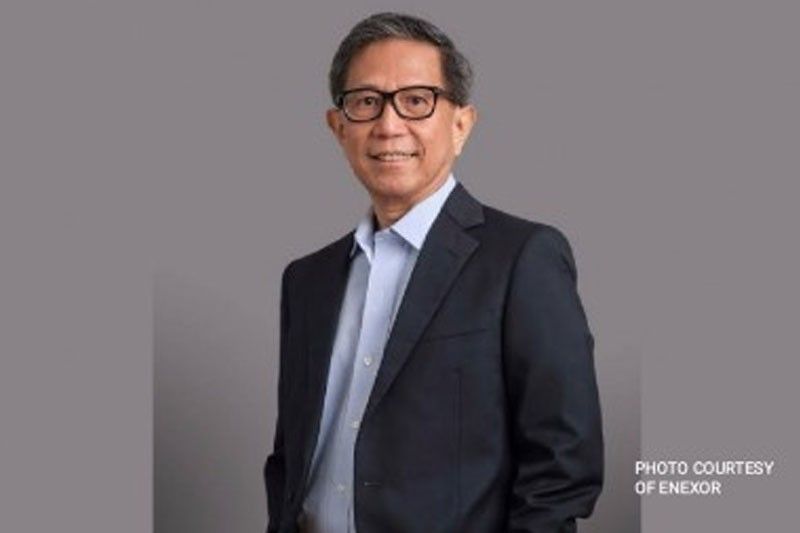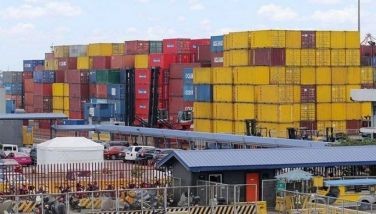Lotilla to clarify perks on upstream investments

MANILA, Philippines — The Department of Energy (DOE), under the leadership of Secretary Raphael Lotilla, is seeking to address uncertainties on investment incentives to the upstream sector in a bid to develop the country’s indigenous resources.
Lotilla said the uncertainty over the interpretation of Presidential Decree 87 allowing the service contractor’s corporate taxes to form part of the government’s 60 percent net share has hindered investments and rollout in the sector.
Lotilla said the DOE would be submitting a clear articulation of the policy and would also seek legislative articulation of it in order to insure a stable investments regime across different administrations.
“The President has directed that we address the uncertainties over investments in the upstream so that we can we can mobilize the natural gas around Malampaya and with other fields for our needs at the soonest time possible,” the energy chief said.
“We will do that through a number of measures, like through executive action clarifying the policy. Second, in order to stabilize the investment regime, to have the clarification by Congress as well,” he said.
PD 87, or the Oil Exploration and Development Act of 1972, is the law governing the discovery and development of indigenous petroleum in the country.
Lotilla said that as pointed out by President Marcos, the country’s power supply is inadequate, which is why there is a need to develop the country’s indigenous energy resources.
“We need to be more energy secure. And that means that we have to develop our indigenous resources. This is a top priority for us,” he said.
Lotilla said 100 percent of the country’s fuel requirements are imported.
In the power sector, he said 45 percent of the country’s plants use coal for fuel, and 80 percent of that coal is imported.
“These show our country’s vulnerability to volatilities in global prices,” he said.
Lotilla said the DOE would continue working with the rest of the government to provide well targeted assistance to the most vulnerable communities, and to shift to more electrification in mass transport and industry.
“We’ve got to address the security and as we address as well the matter of protecting the most vulnerable sectors of society. And we will continue to work on the targets for electrification of households all over the country,” he said.
- Latest
- Trending




























